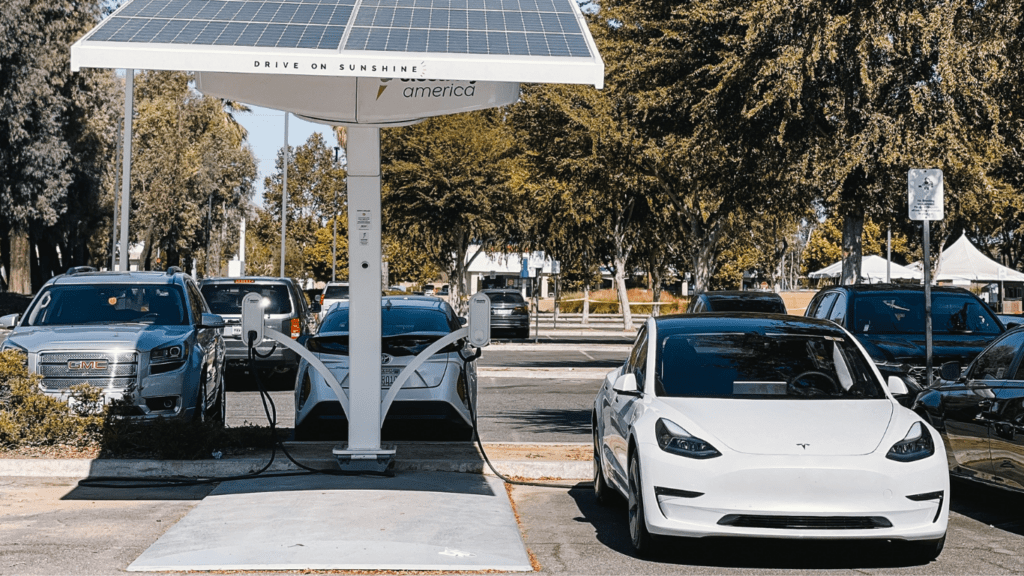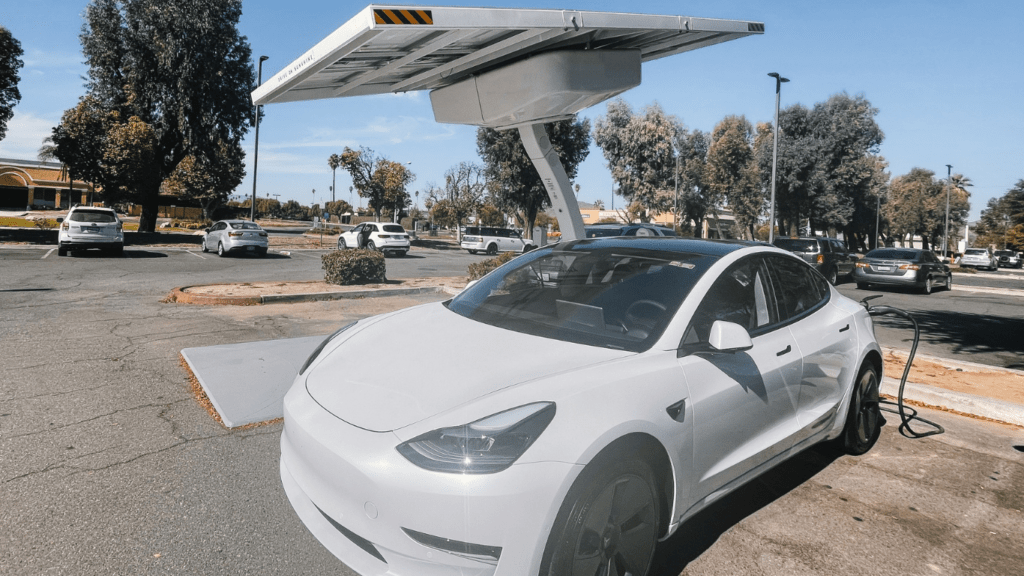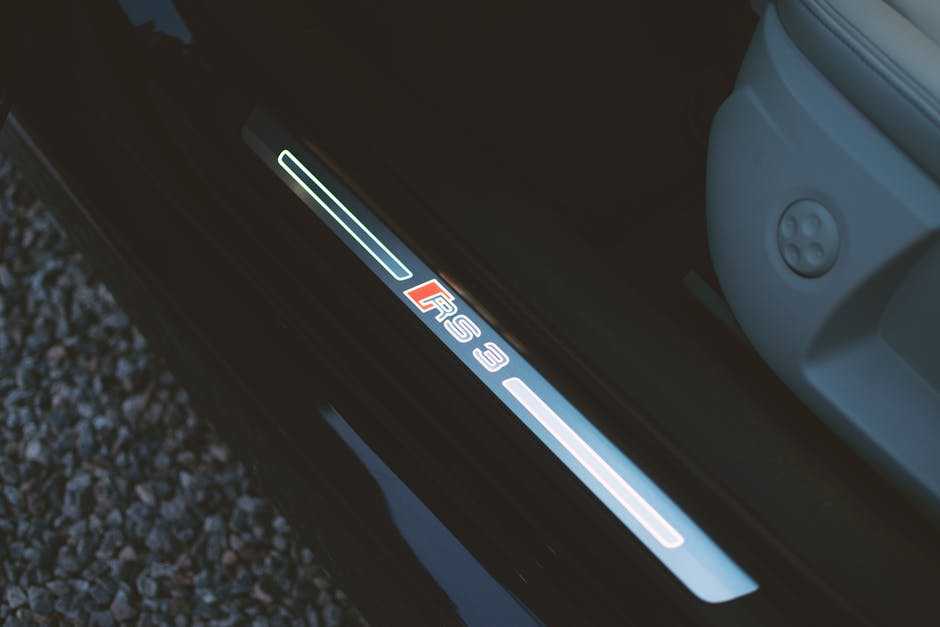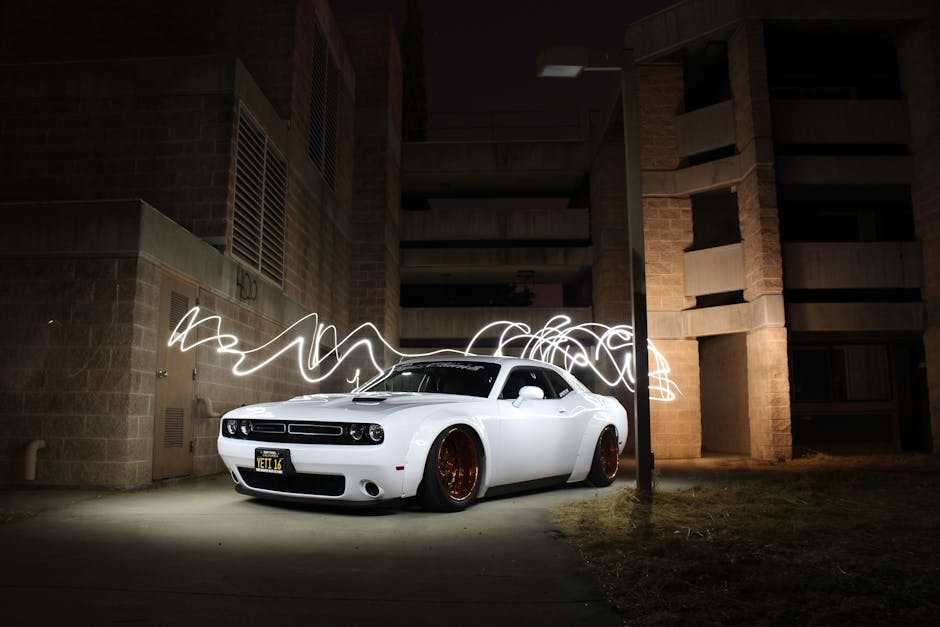Evolution of Luxury Cars
Luxury cars have significantly evolved over the past few decades, adapting to societal shifts and technological advancements. The classic luxury vehicle, known for its opulent interiors and powerful engines, has transformed to meet modern demands.
Advanced Materials
High-end manufacturers now use sustainable materials to craft interiors. Leather alternatives like mushroom leather and lab-grown options offer eco-friendly choices. For example, Bentley’s partnership with Vegea for wine-industry waste biomaterials showcases innovation in material selection.
Electrification
Electric drivetrains are revolutionizing the luxury market. Brands like Tesla have led this transition with models like the Model S Plaid, offering over 1,000 horsepower. Traditional brands like Mercedes-Benz follow suit with the EQS, providing up to 350 miles per charge.
Autonomous Driving
Autonomous technology is becoming a hallmark of luxury. Companies invest heavily in self-driving systems, enhancing comfort and safety. Cadillac’s Super Cruise and BMW’s iX models exemplify this trend, featuring advanced autonomous driving capabilities.
Connected Ecosystems
Connected cars are another area of evolution. High-end vehicles now integrate seamlessly with smart home systems, providing a connected ecosystem. Porsche’s Communication Management and Audi’s MMI systems demonstrate this, offering remote control and advanced infotainment options.
Performance Enhancements
Luxury doesn’t sacrifice performance. Advanced engineering ensures high speed and agility. Examples include Lamborghini’s Hybrid V12 and Ferrari’s SF90 Stradale, delivering power through innovative hybrid systems.
Customization
Personalization has become a key aspect. Clients can tailor their vehicles in minute detail. Rolls-Royce’s Bespoke program allows customers to choose unique color finishes, materials, and features.
High-end vehicles now blend traditional opulence with cutting-edge technology and sustainability, reflecting a dynamic and progressive future for the luxury automotive market.
Sustainability in Luxury Cars

Luxury automakers are increasingly integrating sustainability into their vehicles, reflecting a growing commitment to environmental responsibility. This section delves into the primary areas where eco-friendly practices are making a significant impact.
Eco-Friendly Materials
Luxury car brands now use eco-friendly materials to create opulent yet sustainable interiors. Bentley’s collaboration with Vegea exemplifies this trend, incorporating mushroom leather and lab-grown options into their models. Tesla uses recycled plastics and sustainably sourced wood, aligning high-end aesthetics with environmental preservation. These initiatives reduce reliance on traditional leather and wood, promoting ecological balance.
Electric and Hybrid Models
Electric and hybrid models are becoming the norm among luxury vehicles. Brands like Tesla, with its Model S Plaid, and Mercedes-Benz, with its EQS, showcase powerful electric drivetrains. Lamborghini’s Hybrid V12 combines performance with reduced emissions, illustrating the potential of hybrid technology in the luxury market. These advancements underscore a shift towards reducing the automotive industry’s carbon footprint while maintaining high performance standards.
Manufacturing Processes
Sustainable manufacturing processes further enhance the ecological footprint of luxury cars. Automakers like BMW and Audi implement renewable energy in production facilities, decreasing overall emissions. For example, BMW uses 100% green energy at its Leipzig plant, while Audi’s Brussels site operates carbon-neutral. These practices ensure that sustainability permeates every aspect of production, from initial assembly to final delivery, reinforcing the commitment to environmentally responsible luxury vehicles.
Innovations in Luxury Cars
Innovations in luxury cars elevate both sustainability and opulence to new levels. It’s fascinating to see how cutting-edge technology transforms the driving experience.
Autonomous Driving
Autonomous driving is revolutionizing luxury cars. However, stringent regulations and high development costs slow widespread adoption. Companies like:
- Tesla
- Waymo
- Mercedes-Benz
have made significant strides in self-driving tech. Tesla’s Autopilot offers automated lane changes, traffic-aware cruise control, and limited hands-free steering. Mercedes-Benz’s Drive Pilot takes it further by offering conditional SAE Level 3 autonomy, enabling the vehicle to handle driving tasks under certain conditions.
Using Lidar and radar, these systems detect obstacles and navigate in real time. While full autonomy isn’t yet mainstream, these advancements underscore a future where drivers can enjoy unprecedented convenience and safety.
Advanced Infotainment Systems
- Infotainment systems have become central to the luxury driving experience.
- High-end carmakers like Tesla, BMW, and Audi focus heavily on integrating advanced tech.
- Tesla’s system features a 17-inch touchscreen that controls everything from navigation to climate.
- BMW’s iDrive 8 boasts a curved display, augmented reality navigation, and voice controls.
- Audi’s MMI system integrates with Amazon Alexa, allowing drivers to control smart home devices from the car.
These systems provide not just information but entertainment, making long drives more enjoyable and helping to enhance the overall luxury experience.
Connectivity and IoT
Connectivity and IoT in luxury cars have shifted from optional to essential. Models from brands like Porsche, Mercedes-Benz, and Tesla boast robust connected features. The Mercedes-Benz MBUX system integrates with smartphones for real-time updates on traffic and weather. Tesla’s software updates improve car performance and add new features over-the-air, increasing the vehicle’s lifespan and capabilities.
IoT allows vehicles to communicate with smart home systems, adjust home climate settings on the way, and provide remote diagnostics. This connectivity makes daily life more seamless and convenient. The integration of IoT showcases the automotive industry’s commitment to innovation and adapting to the digital age.
Market Trends and Consumer Expectations
Luxury car buyers are increasingly focusing on sustainability and innovation. Let’s explore the key shifts in consumer preferences and the regulatory impacts driving these market trends.
Shift in Consumer Preferences
Consumers are demanding more eco-friendly options. A notable 2022 survey by Deloitte found that 67% of luxury car buyers prioritize sustainability. They seek vehicles that balance opulence with environmental responsibility.
Examples include Tesla’s fully electric lineup and Mercedes-Benz’s EQ series, both offering high performance while reducing carbon emissions. Additionally, the integration of smart technologies in luxury cars appeals to tech-savvy customers. Features like autonomous driving and advanced infotainment systems, seen in Tesla’s Autopilot and BMW’s iDrive 8, meet the high expectations of modern buyers.
Regulatory Impact
Regulations are shaping the future of luxury vehicles. The European Union’s 2030 climate target aims to reduce automotive emissions by 55%. This pushes automakers to innovate. For instance, Bentley plans to be fully electric by 2030 to comply with these stringent standards. In the US, policies like the Zero-Emission Vehicle (ZEV) program incentivize the production of green cars. Companies like Audi and Jaguar are already committing to produce only electric vehicles within the next decade to align with these regulatory mandates, ensuring they meet both legal requirements and market expectations.
Leading Automakers and Their Contributions
Several leading automakers play pivotal roles in the future of luxury cars through their commitment to sustainability and innovation.
Tesla
Tesla is at the forefront, revolutionizing luxury electric vehicles. The Model S Plaid showcases electric drivetrains’ potential, delivering unmatched performance with sustainable power. Tesla integrates recycled plastics and sustainably sourced wood into interiors, pushing eco-friendly luxury. The company’s Autopilot system exemplifies the advancements in autonomous driving technology, setting new standards in the industry.
Mercedes-Benz
Mercedes-Benz combines traditional luxury with innovative technologies. The EQS model leads in electric vehicle development, featuring a high-powered battery and an opulent interior crafted with sustainable materials. The Drive Pilot showcases their strides in autonomous driving, offering a glimpse into a safer driving future. Mercedes-Benz’s commitment to a future of electric mobility aligns with the European Union’s 2030 emission reduction goals, marking a significant step towards sustainability.
BMW
BMW’s dedication to sustainability and innovation is evident in their operations and vehicle designs. The Leipzig plant operates on 100% green energy, reducing production emissions. The iDrive 8 system in their luxury models incorporates augmented reality navigation, enhancing the driving experience. BMW’s electrified lineup, including the iX and i4 models, blends high performance with environmental responsibility, echoing their commitment to a sustainable future.



 Editorial Director
Editorial Director
